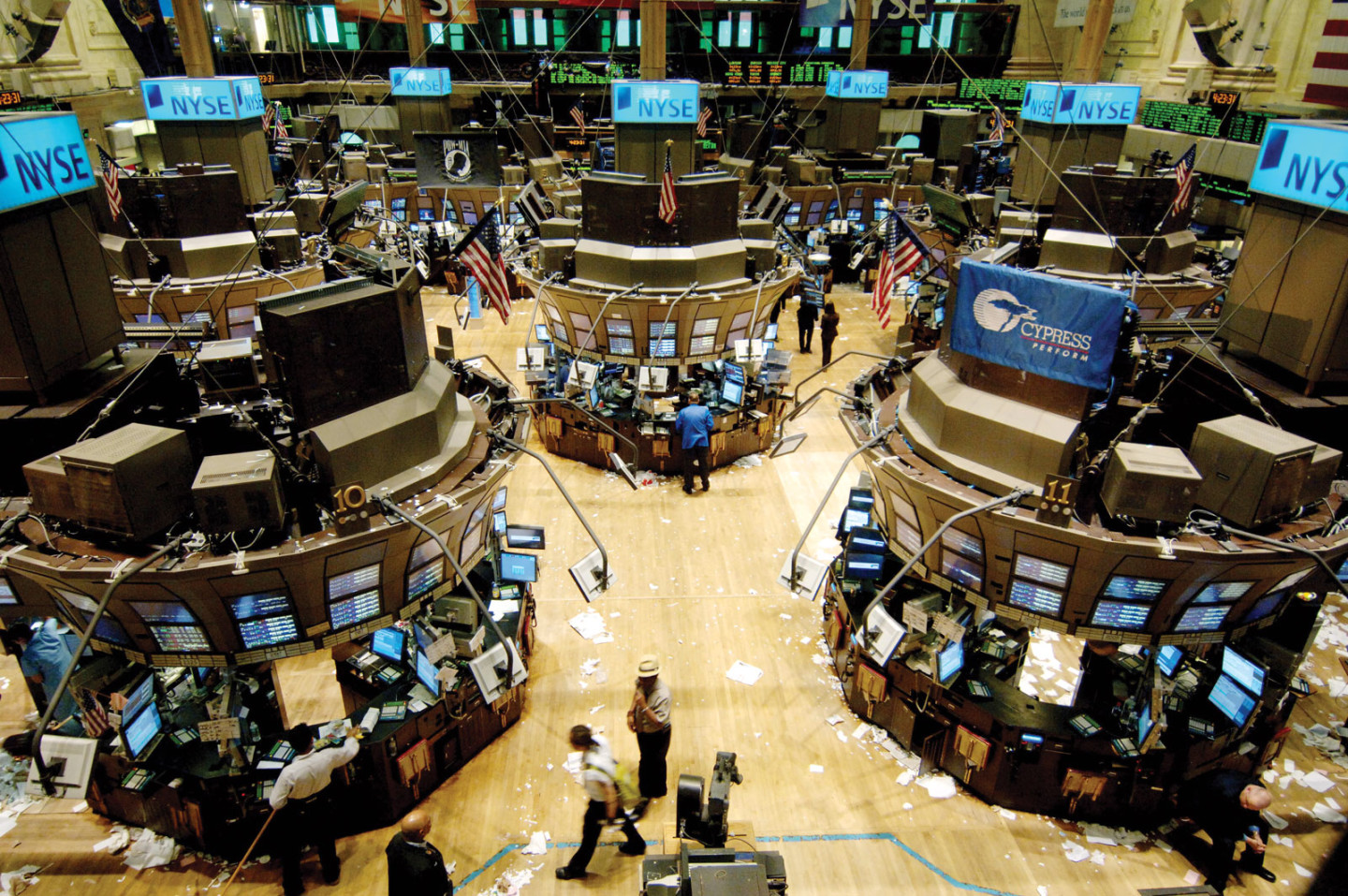Since 2004, when Mark Zuckerberg launched the first version of Facebook from his college dorm room, the company has been privately-owned. That means that only a handful of people - Zuckerberg, a bunch of his early co-workers, and a few private investment firms - owned shares (parts) in the company. This February, though, Facebook announced it was going “public,” which opens the door for outside investors to start thinking about buying into it. Facebook’s stock is expected to be available for purchase by May or June of this year.
What's the difference between public and private companies?
All companies need start-up money (investments or loans) to get going. Private companies use private money (duh!). Some cash may come from the owners of the company, but most of it usually comes from either banks, who give loans and receive interest, or from businesses called venture capital firms that invest in new private companies and make money on their returns if the companies end up doing well (or lose that money if the company flops).
But just about anyone with some extra cash can invest in public companies. A private company may decide to go public if it needs more investment money to expand its business. When a private company decides to go public, it files for an IPO - Initial Public Offering. The company is basically divided into tiny little equal units (aka stocks) and each unit is given a monetary value based on how much the company is worth at that moment. Outside investors are then allowed to purchase various amounts of stock through the stock market. Whoever buys any portion of stock in the company becomes stock holder. That means that individual investors stand to make money if the company does well, or lose money if it doesn’t. Sounds kind of like a blackjack table, right?
What happens at the stock market?
The stock market is the place where public companies are bought and sold by investors. When a company goes public, its stock is assigned a value that depends on how well the company’s business is doing. Investors decide which companies to buy stock in and how many individual shares of stock to purchase. The smartest investors generally identify relatively new companies that have a lot of potential, but that aren't yet worth that much money. So the stock still has a low value.
A good example of this is Google before it exploded. When the company had first gone public, the value of their stock was much lower than it is now, so those who bought into it early did well for themselves once the company starting making tons of money. In the past few years, of course, Google stock has gotten, and stayed, super expensive, so buying it isn’t necessarily as good a deal now.
